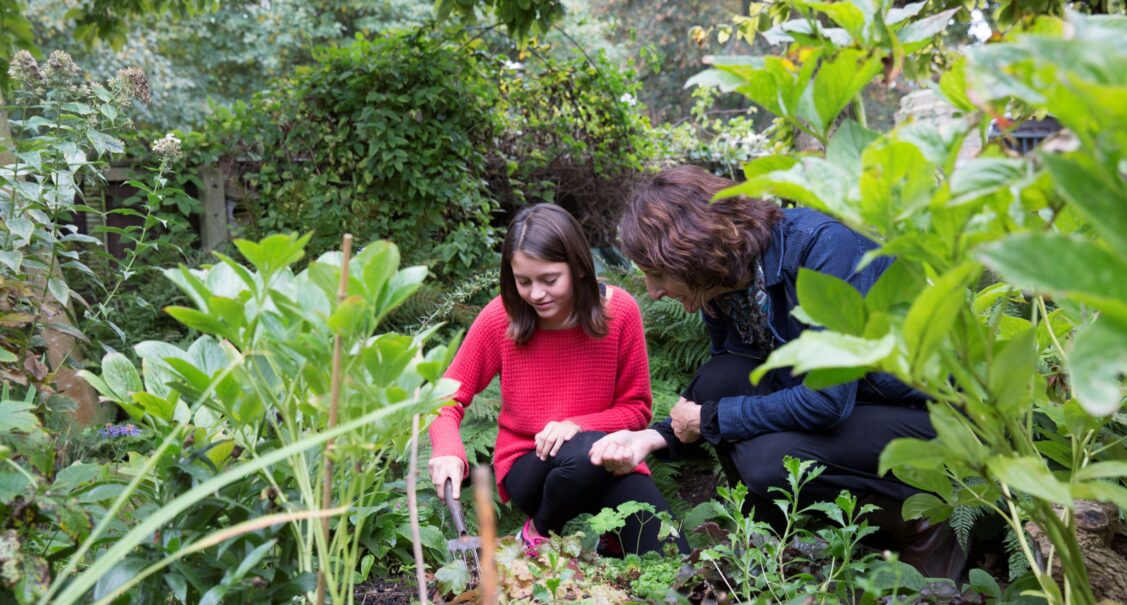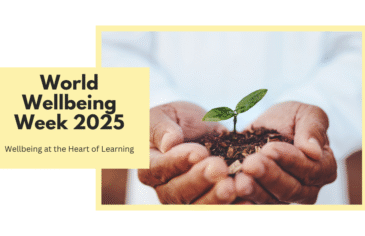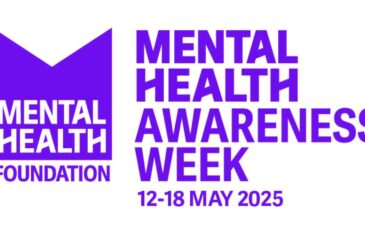Christina Smith, Assistant Head Teacher of Red Balloon of the Air, examines the importance of person-centred practice and mental health support for education success.
We all want our children to have the best possible education, but how do we define what a successful education is? Exam grades can certainly form a part of the picture, but they can’t capture the full abilities or potential of a young person. True success in education is something intangible. At the heart of it, it’s about the overall growth of an individual towards their own goals, while being supported to face the unique problems they encounter on the way. Integrated and continual support for mental health and personal development within education enables this individual growth.
Social confidence
An intrinsic part of individual progress is social confidence – the skills and knowledge to flourish and be an active member of society. From more obscure concepts, such as how to socialise with groups of people, to tasks like understanding how to take public transport, there are myriad things to learn. Students need time and guidance to recognise their individual strengths from which they can progress to build and extend their comfort zones. This foundation-laying work helps young people develop tools and confidence to approach new tasks alone in the future. For many students, this comes naturally as they encounter things through life and support is only needed for big challenges. For other students, particularly those with anxiety or other mental health issues, even small tasks can seem alien and frightening, and becoming confident with day-to-day tasks can be an incredible achievement.
Mental health is intrinsic to good education
According to the NHS, almost 13% of young people in the UK face issues with their mental health. This can affect every aspect of life, including the ability to learn. As such, mental health is not something that can be separated from education. A student’s ability to engage with lessons and classmates will naturally fluctuate along with their mental health throughout the day. By accepting this and encouraging discussion about mental health, we can mitigate some of these effects.
Therapy on the timetable
At Red Balloon Learner Centres, therapy is offered as part of the curriculum to all students, and staff consider mental health at all times. This allows confidential discussion and support for any issues as a normal part of the school week, and ensures this support continues outside of the counselling session and throughout the school day. Teachers are able to modify lessons to better suit students on good days, as well as more difficult days. Improving poor mental health can be slow and is rarely a straight line, but positive steps are an achievement to be recognised. A student learning how to talk about anxiety and find coping mechanisms that enables them to continue with their day is as much of a success as a high exam result. They have progressed as an individual and developed skills to help them in future.
True success
Success for any individual may not be easy to quantify, but should always be recognised. Not all students are aiming for perfect exam results. Some are aiming for the ability to make friends, express themselves and to feel confident in their day-to-day life, and we should celebrate these achievements too.
This article was originally published in Cambridge Edition magazine.




